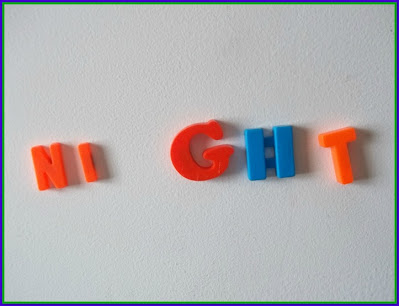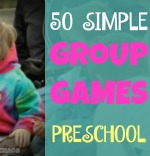Jobs for Autism?
If you have Autism or know someone who does, the idea of a job may seem daunting or impossible. Just like anyone else, you can make your own destiny. That is exactly what the family behind Crafter's for Life did. They created Autism jobs and in doing so, they are promoting Autism Awareness. You can support Autism by purchasing an item handcrafted by people with Autism. Enjoy!
This post may contain affiliate links for your convenience.




















